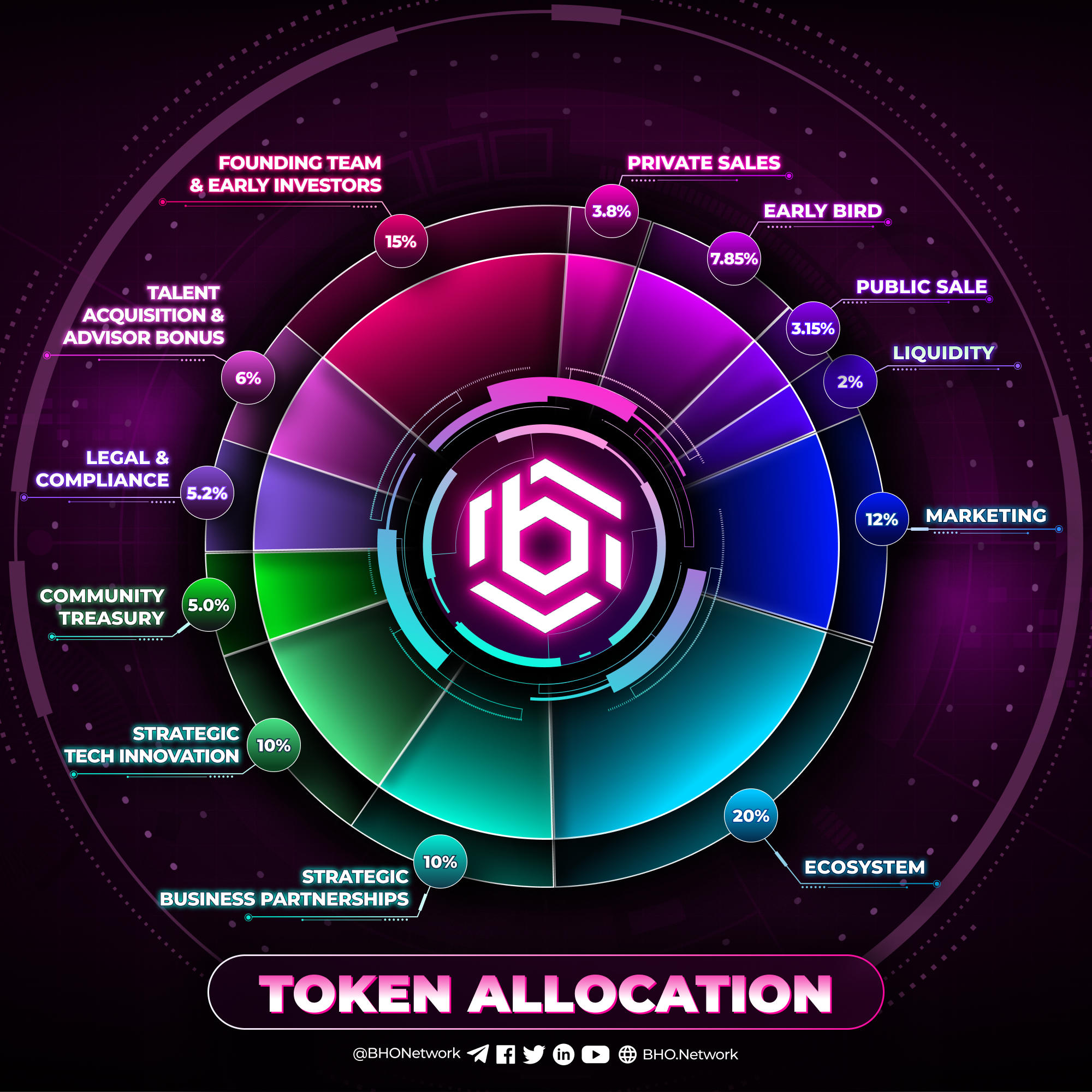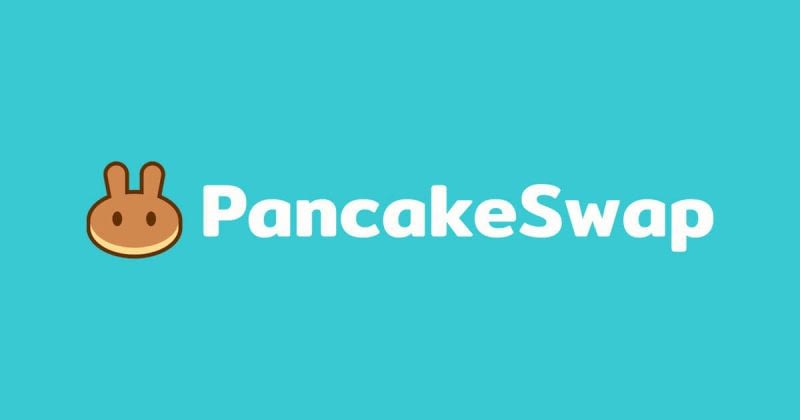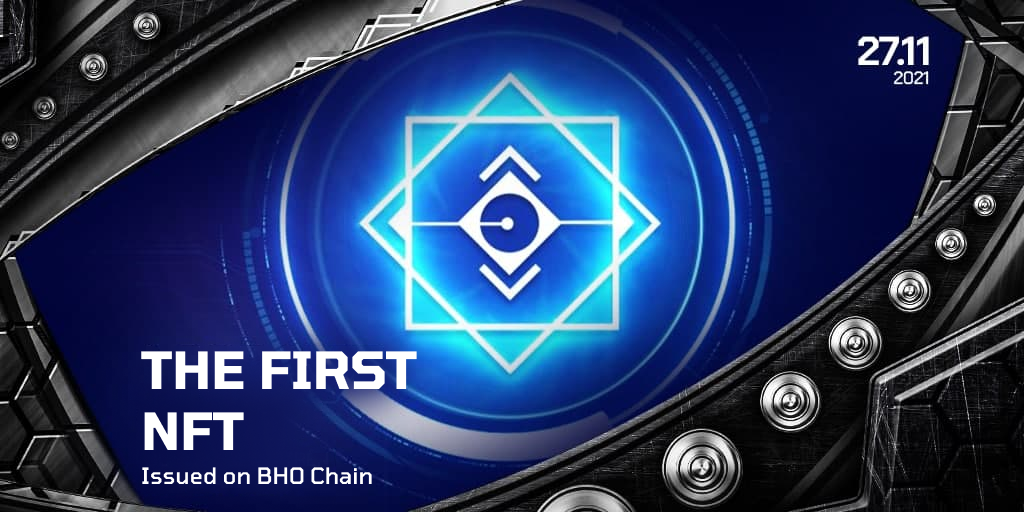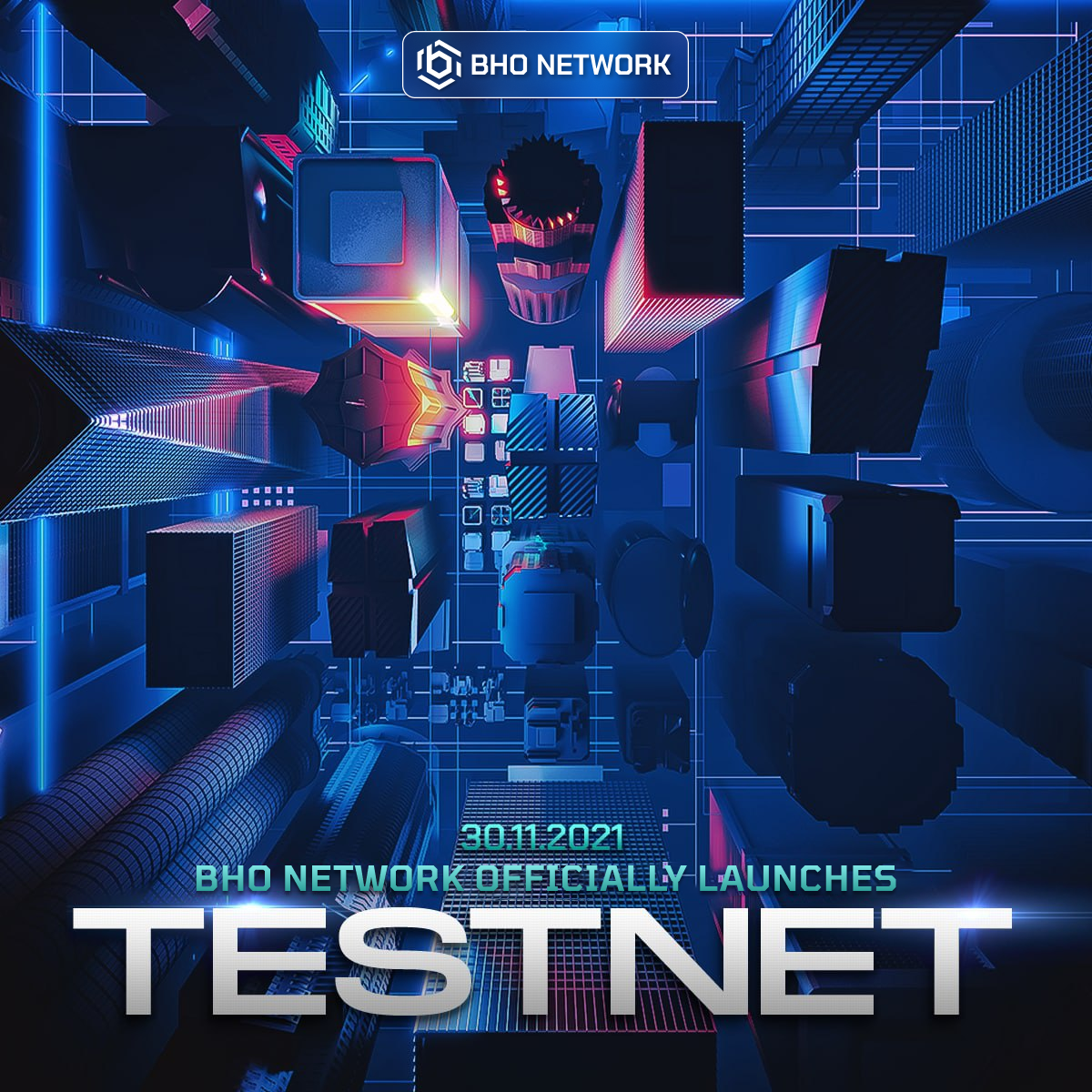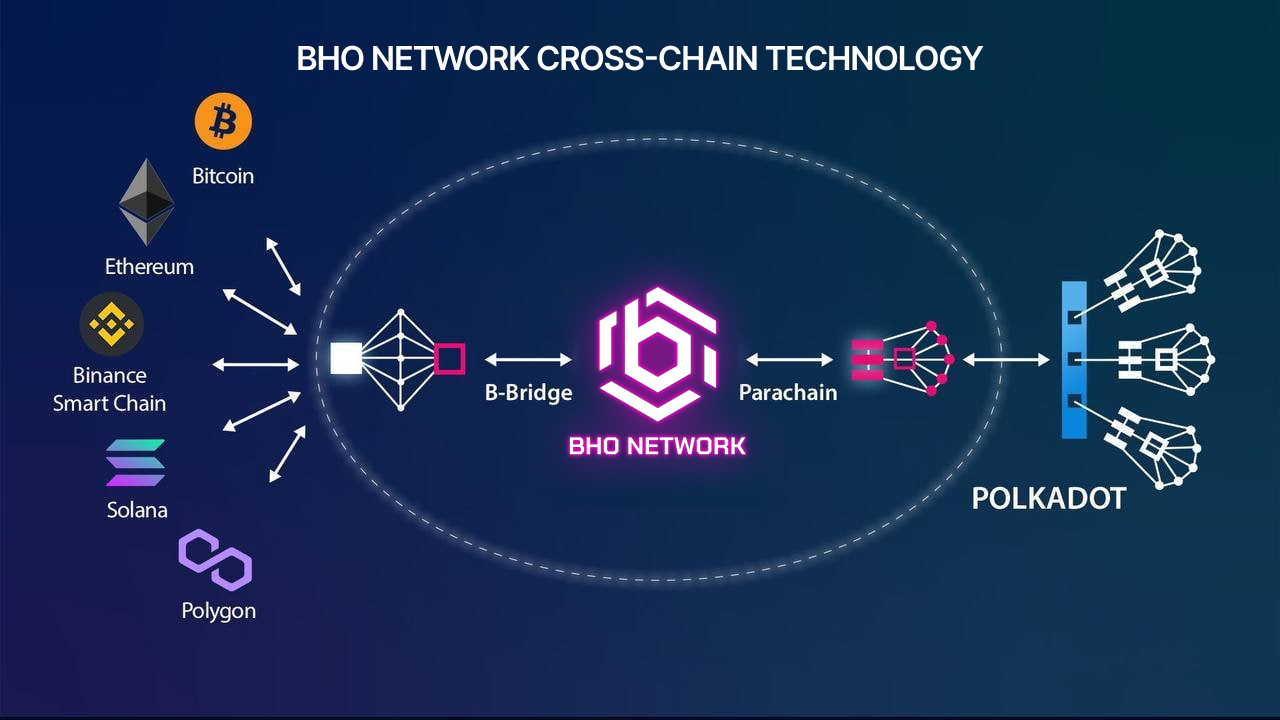LEARN ABOUT ZERO KNOWLEDGE TECHNOLOGY AND ZERO KNOWLEDGE ROLLUP
In the rapidly evolving world of blockchain and cryptocurrencies, Zero Knowledge (ZK) technology stands out as one of the most promising advancements in recent years. This technology, which enables private and secure transactions on public blockchains, is revolutionizing how we think about data privacy and scalability in the decentralized space. Among its applications, Zero Knowledge Rollups (ZK-Rollups) have garnered significant attention for their potential to enhance transaction efficiency and scalability on Ethereum and other blockchains.
Zero Knowledge Proofs: The Building Blocks
At the heart of ZK technology lies the Zero Knowledge Proof (ZKP), a cryptographic method that allows one party (the prover) to prove to another party (the verifier) that a statement is true, without conveying any information apart from the fact that the statement is indeed true.
The concept of ZKPs was first introduced in the 1980s by researchers Shafi Goldwasser, Silvio Micali, and Charles Rackoff. Since then, it has evolved significantly, finding applications in various fields, including blockchain technology.
ZKPs offer two key properties:
- Completeness: If the statement is true, an honest verifier will be convinced by an honest prover.
- Soundness: If the statement is false, no cheating prover can convince the honest verifier that it is true.
So by that, Zero Knowledge means the verifier learns nothing other than the fact that the statement is true.
These properties make ZKPs particularly valuable for preserving privacy and security in transactions.
Zero Knowledge Rollups: Enhancing Blockchain Scalability
ZK-Rollups are a type of Layer 2 scaling solution for blockchains. They work by rolling up or batching multiple transactions into a single transaction. This batched transaction is then recorded on the blockchain, significantly reducing the overall amount of data that needs to be stored and verified on the main chain.
The "Zero Knowledge" aspect comes into play in how these transactions are verified. Instead of each transaction being individually confirmed, a ZKP is used to prove that the entire batch of transactions is valid. This approach allows for high throughput while maintaining the security and decentralization of the underlying blockchain.
Benefits of Zero Knowledge Rollups
- Scalability: By batching multiple transactions, ZK-Rollups can handle a higher volume of transactions per second (TPS) than typical blockchain transactions.
- Reduced Costs: With more transactions packed into a single batch, the cost per transaction is significantly lowered, making it more economical for users.
- Enhanced Privacy: The use of ZKPs ensures that the details of the individual transactions within a rollup are not publicly disclosed, enhancing privacy.
- Security: ZK-Rollups inherit the security properties of the underlying blockchain, ensuring robustness against attacks.
Technical Challenges and Future Directions
While ZK technology and ZK-Rollups hold immense potential, they also present technical challenges. The generation of ZKPs, especially for complex statements, can be computationally intensive and time-consuming. This has led to ongoing research and development aimed at optimizing ZKP algorithms and making them more efficient and accessible for wider use.
Implementations and Real-world Applications
Several projects have started implementing ZK-Rollups to enhance their scalability and privacy features. Notable among them are zkSync, Loopring, and StarkWare, each offering unique approaches and optimizations.
-
zkSync: Developed by Matter Labs, zkSync focuses on scalability and user experience, offering low transaction fees and high throughput.
-
Loopring: This project leverages ZK-Rollups to provide high-speed and low-cost trading and payment on Ethereum.
-
StarkWare: Known for its StarkEx technology, StarkWare utilizes STARK-based ZKPs, providing scalable and secure trading and payment solutions.
These implementations underscore the versatility of ZK-Rollups, demonstrating their potential to reshape blockchain transactions.
Future of ZK Technology in Blockchain
The future of ZK technology in blockchain looks promising. Its potential to address privacy concerns and scalability issues opens up a plethora of opportunities:
- Private Transactions: ZKPs can enable private transactions on public blockchains, allowing users to transact securely without revealing sensitive information.
- Scalable DApps: Decentralized applications (DApps) can significantly benefit from the scalability offered by ZK-Rollups, enabling them to handle more users and transactions.
- Interoperability: ZK technology could play a crucial role in enhancing blockchain interoperability, allowing for secure and private cross-chain transactions.
- Regulatory Compliance: With ZKPs, it's possible to comply with regulatory requirements while preserving user privacy, a key consideration in wider blockchain adoption.
Challenges Ahead
Despite its potential, the widespread adoption of ZK technology faces challenges:
- Complexity: The technical complexity of ZKPs and ZK-Rollups poses a barrier to developers and users.
- Resource Intensity: The computational resources required for generating and verifying ZKPs can be substantial, though ongoing optimizations aim to mitigate this.
- Understanding and Trust: Gaining the trust of users and regulators in a technology that is inherently complex and opaque is a significant hurdle.
Zero Knowledge technology, particularly Zero Knowledge Rollups, represents a significant leap forward in the blockchain and crypto space. By offering solutions to scalability and privacy issues, ZK technology paves the way for the next generation of blockchain applications. As the technology matures and overcomes its current challenges, we can expect to see more innovative uses and widespread adoption in the blockchain ecosystem.
Published on November 25, 2023
Tagged topics
